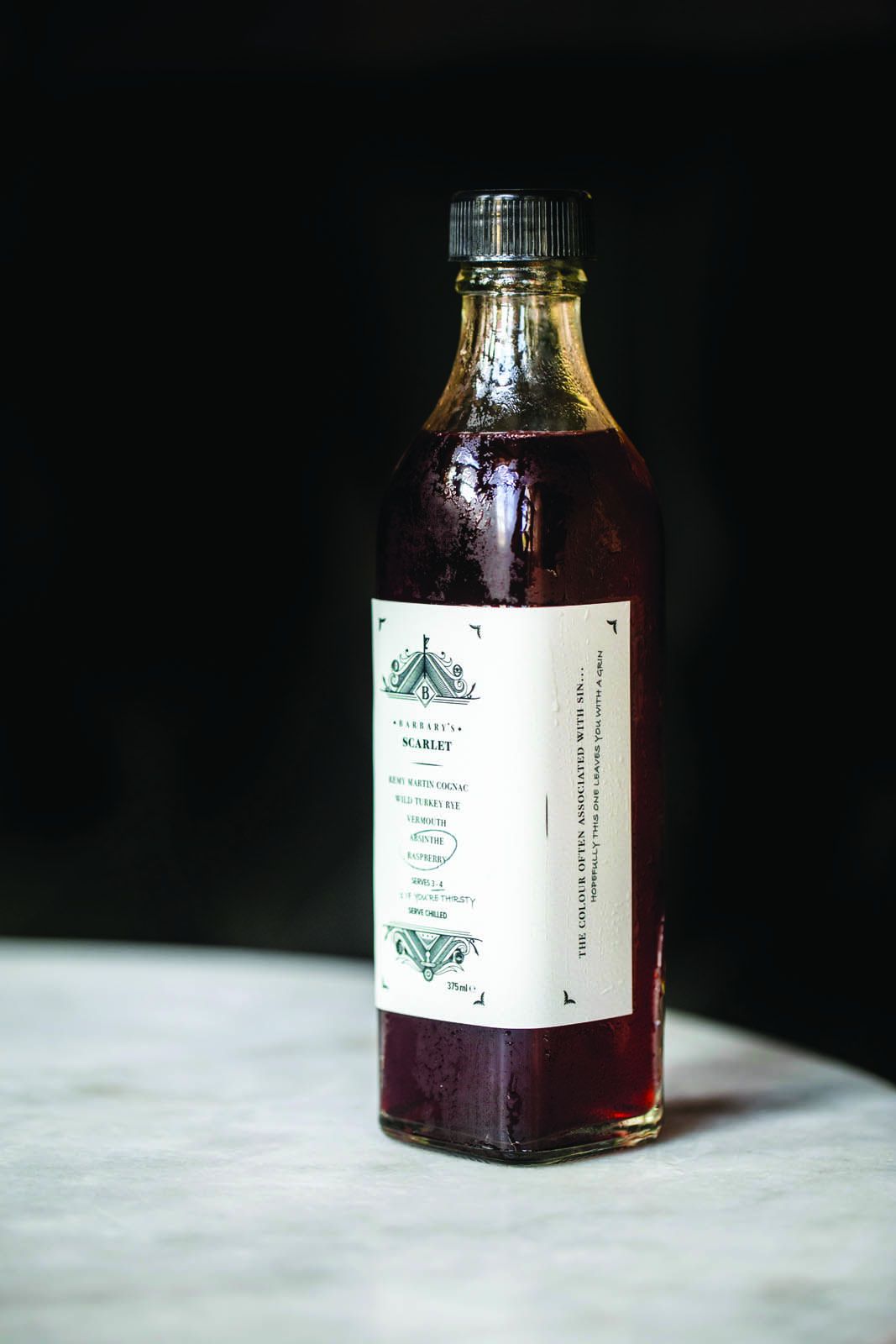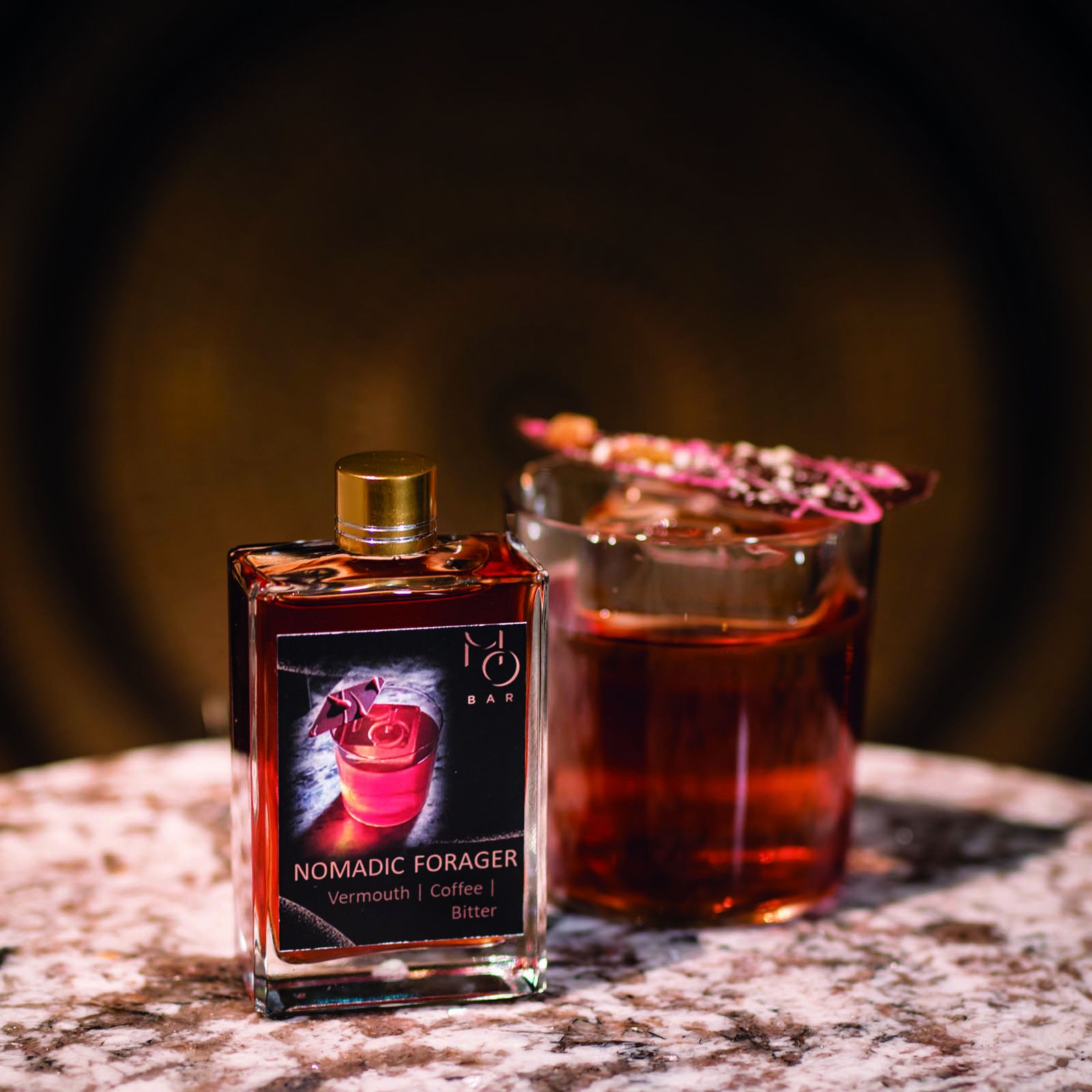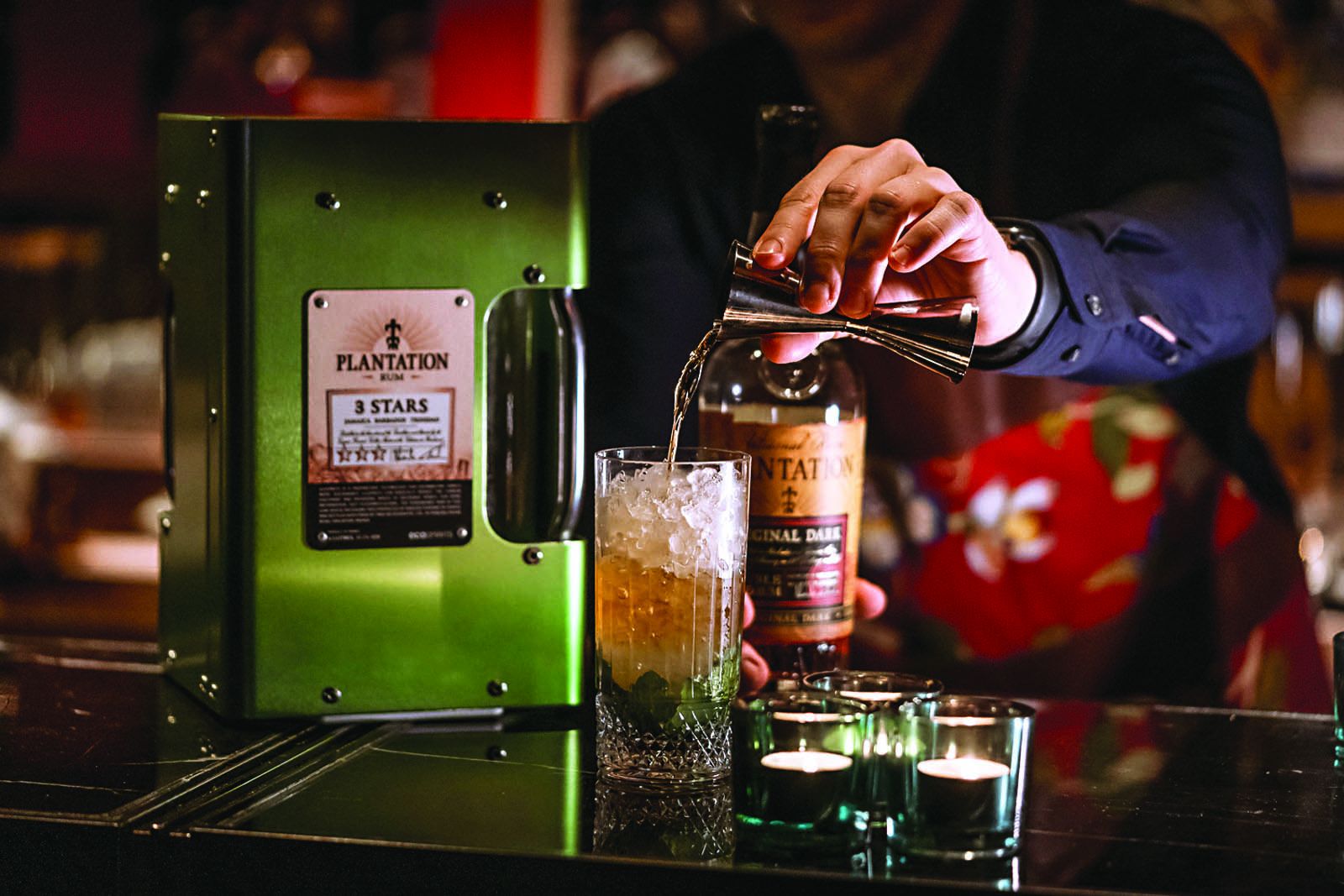After a year plagued by a pandemic that almost crippled the F&B industry, we take a look at what’s in the mix for Singapore’s resilient cocktail scene
When the Covid-19 pandemic forced people into lockdown and halted operations for food & beverage businesses the world over, it seemed like the bar and cocktail industry was going to take a heavier beating. But bars were quick and agile to pivot their business operations to meet their customers’ needs. Pre-packaged cocktails for delivery and take outs, virtual bartending masterclasses and even international collaborations held over Zoom, and the accessibility of a plethora of craft spirits, all made it easy for consumers to partake in their favourite cocktails in the comfort and safety of their homes.
The continuing battle to contain the pandemic may have limited business operations but what it hasn’t done is curb the cocktail drinkers’ enthusiasm for high quality and sophisticated tipples. Charmaine Thio, committee member of Singapore Cocktail Bar Association and brand ambassador for Hendrick’s Gin notes that “conscious drinking” is becoming more widespread. Aki Eguchi, beverage director of the Jigger & Pony Group agrees, observing that drinkers have not eased on their demand for quality and well-executed cocktails, and preferences between high, low and no ABV cocktails are set aside for increased level of craft in all drinks.
Still, bar industry experts are cautious about what to expect in 2021. Jason Williams, creative director at Proof & Company, foresees more contactless service and faster adoption of technology within cocktail bars; “beyond QRC and PDF on websites, bars will invest more in content that’s attached to menus: animation, video and external embedded content”.
Most industry players also agree that the continued production and popularity of bottled cocktails, as well as the emergence of more craft spirits from Asia that highlight Asian ingredients, will be prevalent.
Sustainability will remain a guiding principle in bar operations, not just in terms of waste reduction but also in ensuring the well-being of the people in the industry.


BETTER BOTTLED
When the circuit breaker kicked in on April 2020, consumers were still hankering for quality cocktails. To satisfy this thirst, bars switched to selling packaged cocktails for takeaway and delivery. For many, bottled cocktails became a vital source of incremental revenue during lockdown period. And though bars have reopened, the demand for bottled cocktails continues, albeit at a decreased volume. “People have gotten used to the idea of entertaining and drinking cocktails within the comfort of their homes. So, I foresee there will still be a market for bottled cocktails, but bars will need to continue to be innovative and creative in order to keep customers interested,” notes Andrew Yap, managing partner of Old Man Singapore.
“As curiosity and appreciation for craft cocktail experiences continues to grow, the demand for greater accessibility will continue to drive the bottled cocktail trend,” says Ivy Woo, founder of Singapore Cocktail Festival, who points out that restaurants too have picked up on the trend to offer creative cocktails, bottled in collaboration with drink makers.
From the bar’s perspective, bottled cocktails have also opened up opportunities to increase revenue. They make great corporate gifts as they are a flexible option and can be customised with different flavour combinations. Manager for MO BAR at Mandarin Oriental, Singapore Adrian Besa cites their offerings of mooncakes paired with cocktails during Mid-Autumn Festival as a prime example of a successful promotion that leverages the pairing of bottled cocktails with food for delivery.
Keeping in line with sustainability issues, bars have also noted a preference for large format bottles, in a bid to cut down on waste. Yap says: “When we first launched our bottled cocktails, they were available in 60ml bottles, but they can now be had in 500ml formats to meet the demands of those who enjoy drinking cocktails in gatherings with friends and family.” Co-owner of IBHQ Kamil Foltan concurs, noting how single portion bottles will eventually disappear. “I have a feeling that 350ml, 500ml, and 700ml will become standard,” he adds.
And even though canned cocktails might be a more sustainable option when packaging drinks, the industry will still be slow to pick up on it. Co-founders of Barbary Coast Celia Schoonraad and Michael Callahan explain: “Canned cocktails have always been around and make more sense as they are easier to recycle and weigh less, which leads to reduced carbon footprint when shipping. However, the stigma of canned drinks being inferior still persists, and it will be this perception that quality can come from a can that will need to be overcome. “The second main issue here is cost and accessibility of machinery to seal cans properly. A canning setup that is sanitary, cost effective, space effective and easy to use is not yet readily available to your general beverage outlet.”
(Related: Singapore Cocktail Bar Association Launches Two New Funds to Support The Bar Industry)

